What are the Major Economic Challenges in Iraq? A Comprehensive Analysis
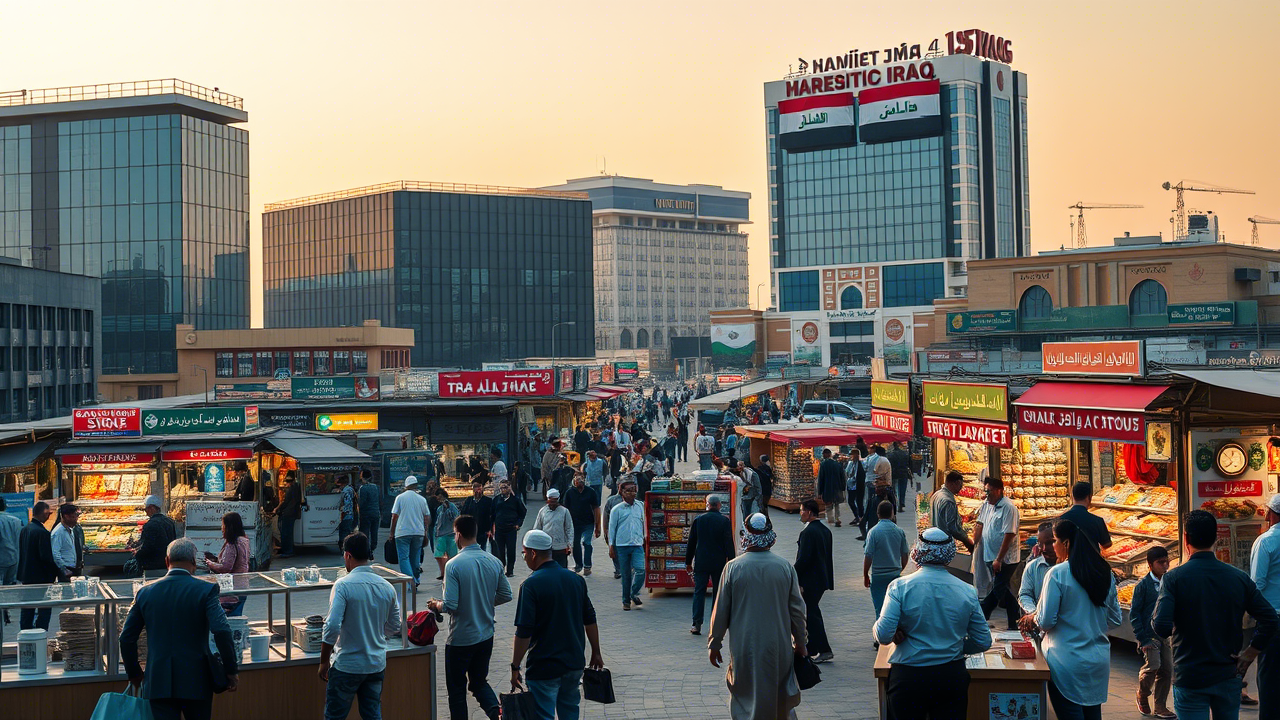
Iraq, a nation rich in natural resources and historical significance, faces significant hurdles on its path to economic stability. Despite holding some of the world’s largest oil reserves, what are the major economic challenges in Iraq remains a pressing question for policymakers, investors, and citizens alike. This article delves into the key issues plaguing Iraq’s economy, examines recent data, and offers actionable solutions to address these challenges.
The Heavy Reliance on Oil Revenue
Why Oil Dependency is a Double-Edged Sword
Oil dominates Iraq’s economy, accounting for approximately 90% of government revenue and over 85% of export earnings. While this reliance has fueled growth during periods of high oil prices, it leaves the country vulnerable to external shocks.
Key facts about Iraq’s oil dependency:
- Production Levels: Iraq produces around 4.5 million barrels per day (bpd), making it one of OPEC’s largest exporters.
- Price Volatility: Fluctuations in global oil prices directly impact Iraq’s budget and fiscal stability.
- Limited Diversification: Other sectors like agriculture, manufacturing, and services remain underdeveloped.
This over-reliance on oil stifles long-term economic resilience and exposes Iraq to risks such as price crashes and declining global demand.
Practical Tips to Address Oil Dependency
- Diversify Revenue Streams: Invest in non-oil sectors like renewable energy, tourism, and technology.
- Enhance Gas Utilization: Capture associated gas from oil fields to reduce waste and generate additional income.
- Promote Private Sector Growth: Encourage entrepreneurship and foreign direct investment (FDI) in industries beyond oil.
For more insights into reducing oil dependency, explore our guide on Economic Diversification Strategies in MENA Countries.
Infrastructure Gaps and Development Needs
The State of Iraq’s Infrastructure
Decades of conflict, sanctions, and underinvestment have left Iraq’s infrastructure in dire need of repair. Key areas affected include:
- Electricity: Frequent power outages disrupt daily life and hinder industrial productivity.
- Transportation: Aging road networks and limited rail connectivity impede trade and mobility.
- Water Supply: Inadequate water management exacerbates shortages and threatens agriculture.
According to the World Bank, addressing these gaps requires an estimated $35 billion annually over the next decade.
Steps Toward Infrastructure Revitalization
- Public-Private Partnerships (PPPs): Leverage private sector expertise and funding for large-scale projects.
- International Aid: Collaborate with organizations like the UN and IMF to secure grants and loans.
- Sustainable Solutions: Prioritize green infrastructure, such as solar-powered grids and eco-friendly buildings.
High Unemployment and Youth Discontent
The Employment Crisis in Iraq
Unemployment remains a critical issue, particularly among Iraq’s youth. With over 60% of the population under 25, creating jobs is essential to prevent social unrest and brain drain. Current unemployment rates hover around 13%, but informal employment skews these figures higher.
Factors contributing to unemployment:
- Skills Mismatch: Many young Iraqis lack the technical skills needed for modern industries.
- Corruption: Bureaucratic inefficiencies deter businesses and limit job creation.
- Gender Inequality: Women face significant barriers to entering the workforce.
Strategies to Boost Employment
- Vocational Training Programs: Equip workers with skills in high-demand sectors like construction, IT, and healthcare.
- Support SMEs: Small and medium enterprises (SMEs) are vital for job creation; provide them with access to capital and resources.
- Encourage Entrepreneurship: Foster a startup ecosystem through incubators, accelerators, and mentorship programs.
Corruption and Governance Issues
How Corruption Hinders Progress
Corruption is one of the most pervasive challenges in Iraq, ranking it among the lowest countries on Transparency International’s Corruption Perceptions Index. Mismanagement of public funds undermines trust in institutions and stifles economic growth.
Examples of corruption’s impact:
- Misallocation of Resources: Funds earmarked for infrastructure often disappear due to graft.
- Inefficient Public Services: Poor governance leads to subpar healthcare, education, and utilities.
- Investor Deterrence: Businesses hesitate to invest in environments plagued by bribery and red tape.
Combating Corruption
- Strengthen Institutions: Build independent oversight bodies to monitor public spending.
- Digitize Processes: Reduce human intervention in bureaucratic procedures to minimize opportunities for fraud.
- Promote Transparency: Publish government budgets and procurement processes online for public scrutiny.
Security Concerns and Regional Instability
The Impact of Ongoing Conflicts
While Iraq has made strides in stabilizing regions affected by conflict, security concerns persist. Militant groups, political tensions, and regional disputes create uncertainty that discourages investment and disrupts economic activity.
Effects of insecurity:
- Disrupted Supply Chains: Attacks on oil pipelines and transportation routes harm exports.
- Displacement of Workers: Conflict zones see mass migration, leaving labor shortages elsewhere.
- Damaged Infrastructure: Rebuilding war-torn areas drains financial resources.
Building a Secure Future
- Invest in Peacebuilding: Support community-based initiatives to foster reconciliation and stability.
- Enhance Border Security: Strengthen defenses against smuggling and cross-border threats.
- Engage Regional Allies: Collaborate with neighboring countries to maintain peace and cooperation.
Climate Change and Environmental Degradation
Environmental Threats to Iraq’s Economy
Climate change poses another layer of complexity to Iraq’s economic challenges. Rising temperatures, water scarcity, and desertification threaten agriculture, health, and livelihoods.
Environmental issues at play:
- Water Scarcity: Reduced flow from the Tigris and Euphrates rivers impacts farming and drinking water supplies.
- Air Pollution: Dust storms and industrial emissions harm public health and productivity.
- Loss of Arable Land: Soil degradation reduces agricultural output, a traditional source of income.
Sustainable Solutions
- Adopt Water Management Technologies: Implement drip irrigation and wastewater recycling systems.
- Reforest Degraded Areas: Launch tree-planting campaigns to combat desertification.
- Transition to Renewables: Develop solar and wind energy projects to reduce reliance on fossil fuels.
Key Takeaways and Call to Action
Understanding what are the major economic challenges in Iraq reveals a complex interplay of structural, institutional, and environmental factors. From oil dependency and unemployment to corruption and climate change, addressing these issues requires coordinated efforts from the government, private sector, and international partners.
Are you ready to contribute to Iraq’s economic transformation? Whether you’re an investor, policymaker, or advocate, there are countless ways to make a difference. Start by identifying specific challenges that align with your expertise or interests, and take action today.
Together, we can help Iraq overcome its economic challenges and build a brighter, more sustainable future for generations to come.



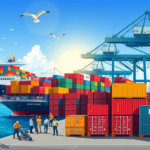

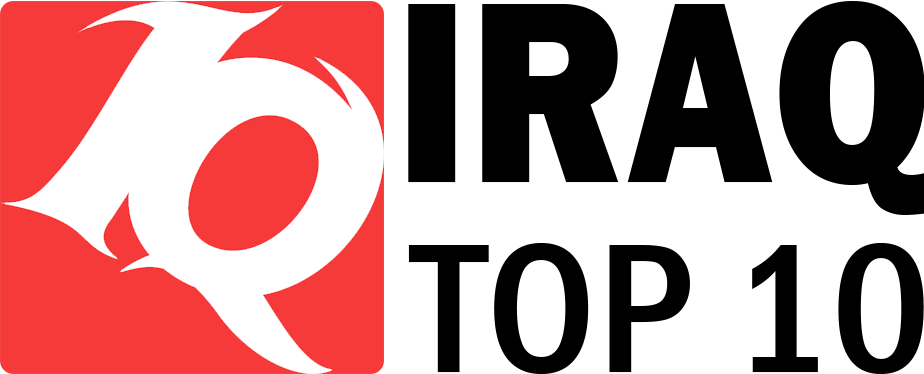



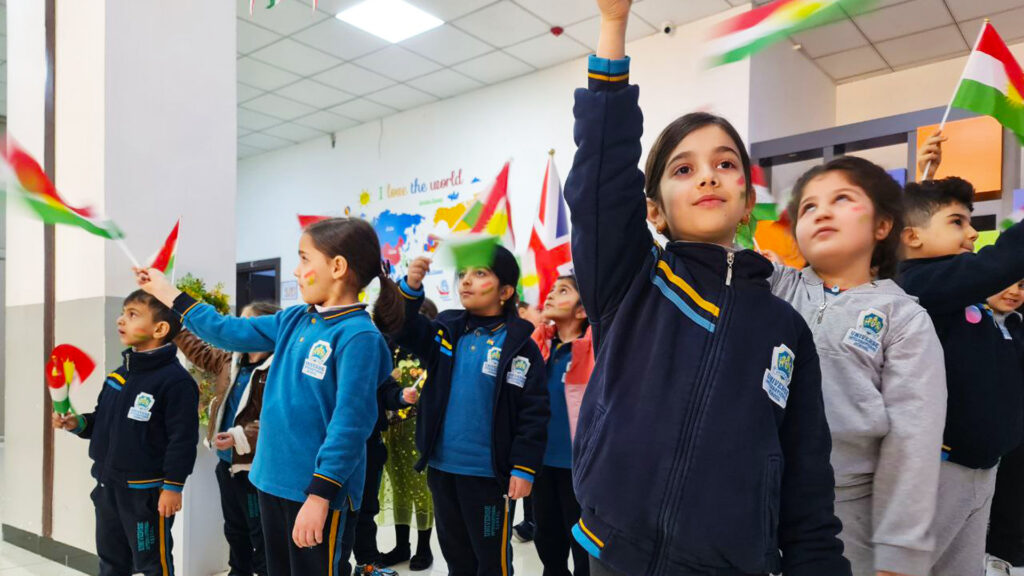

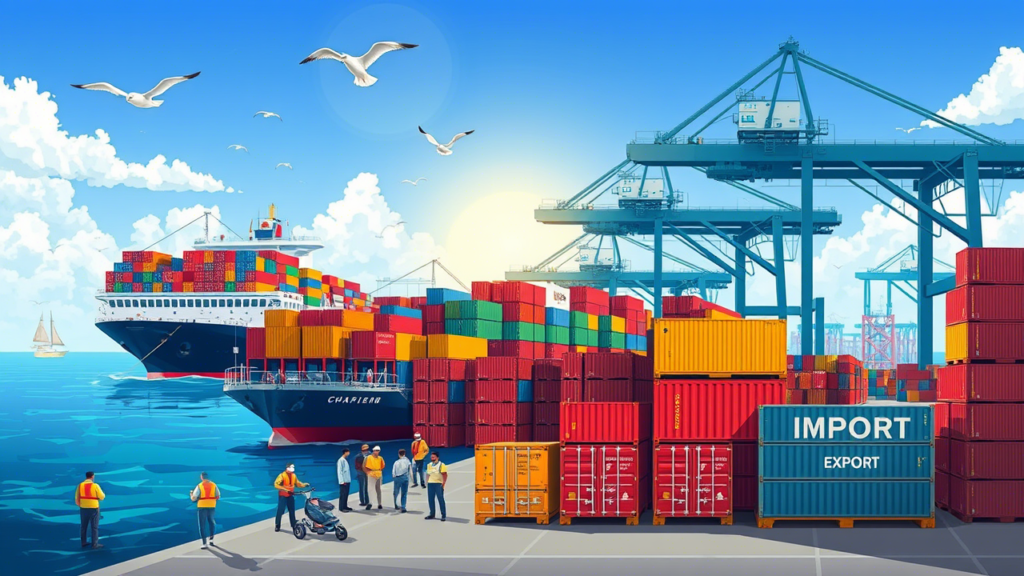


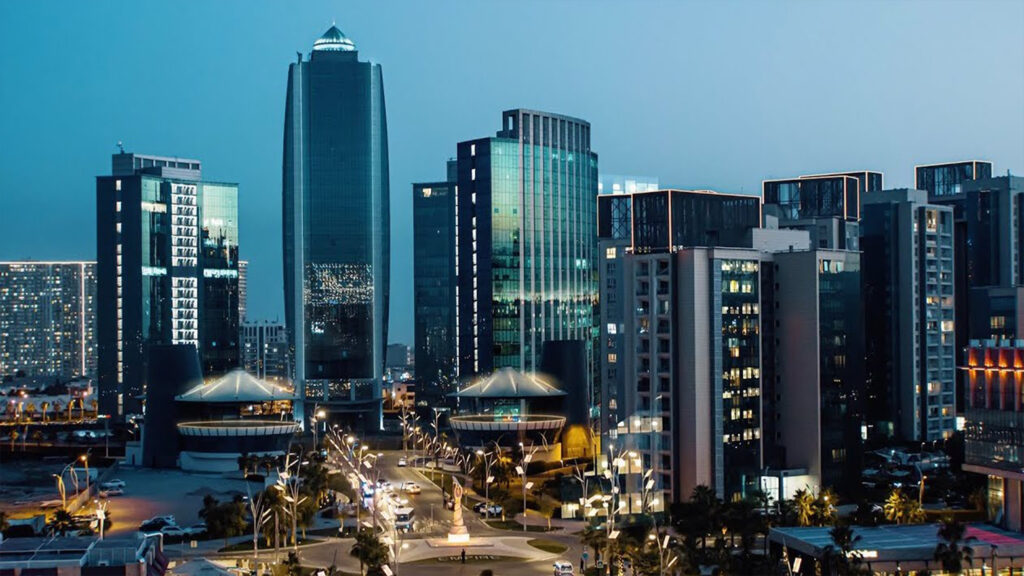
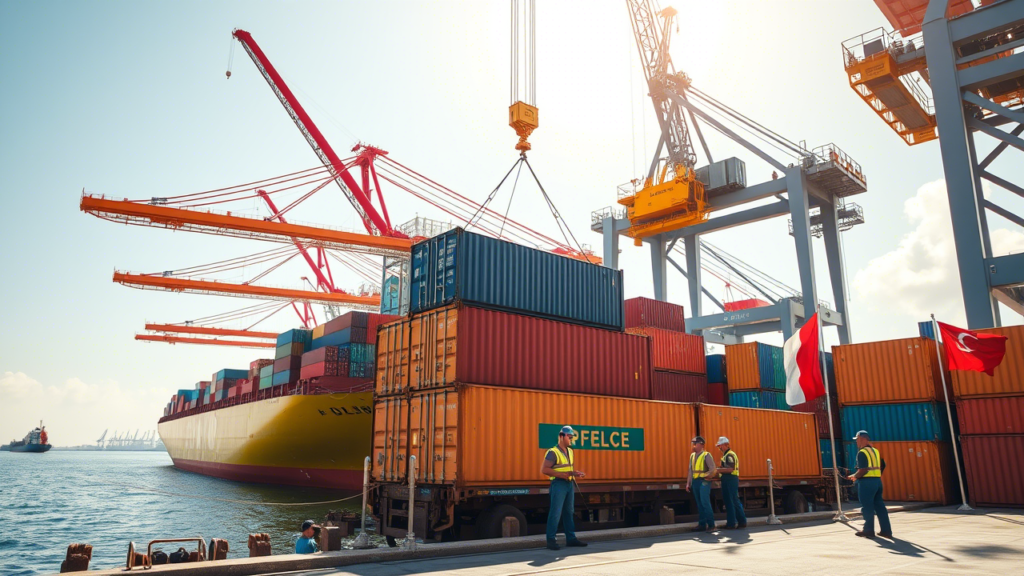
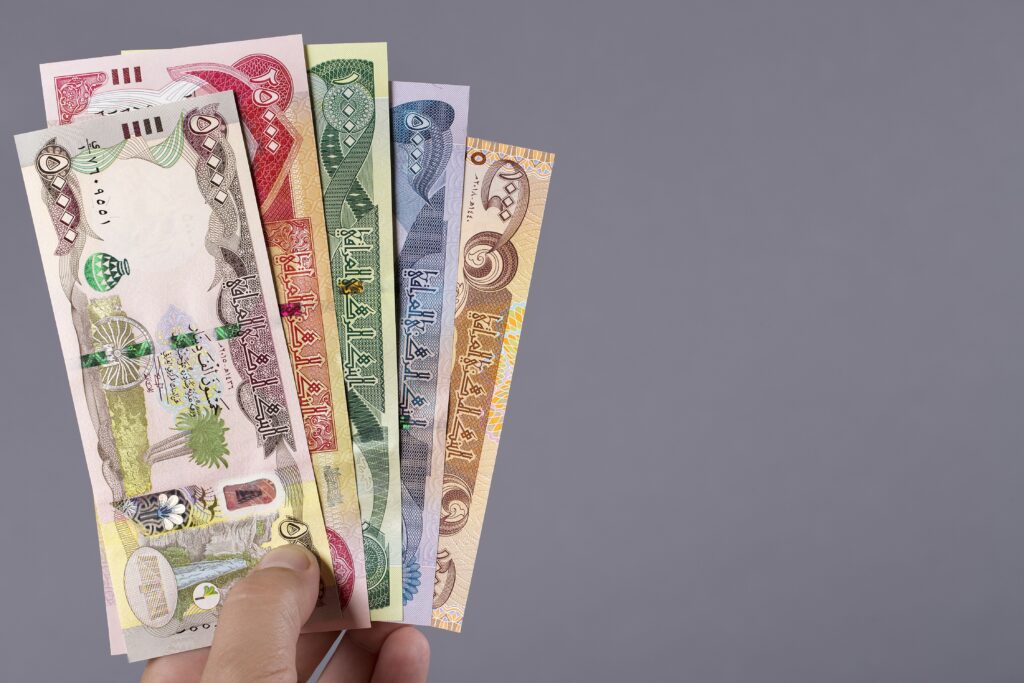
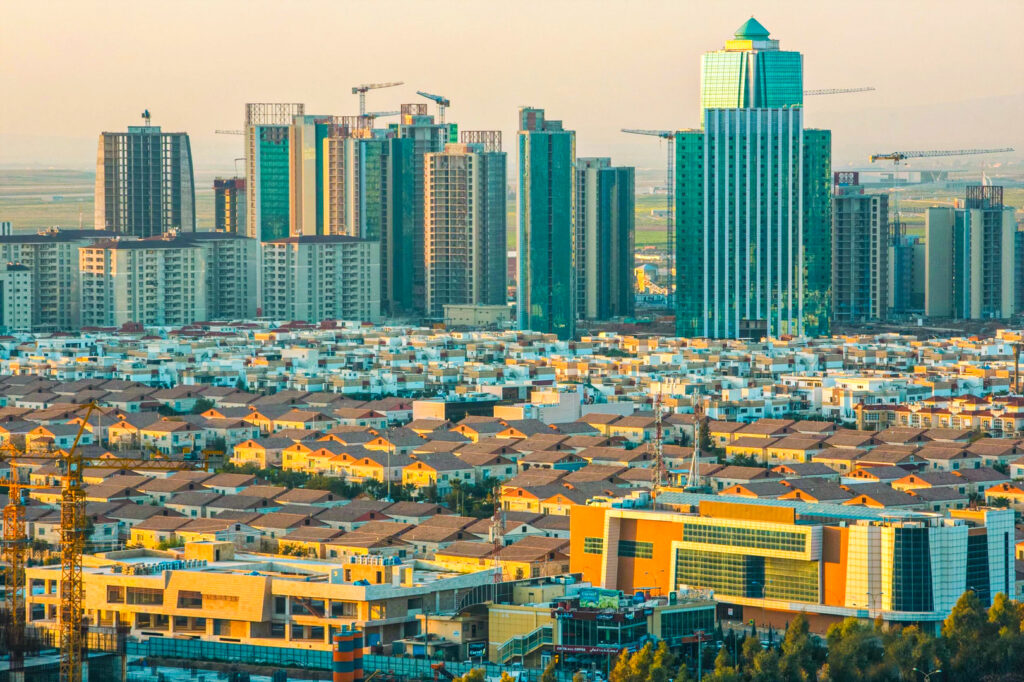


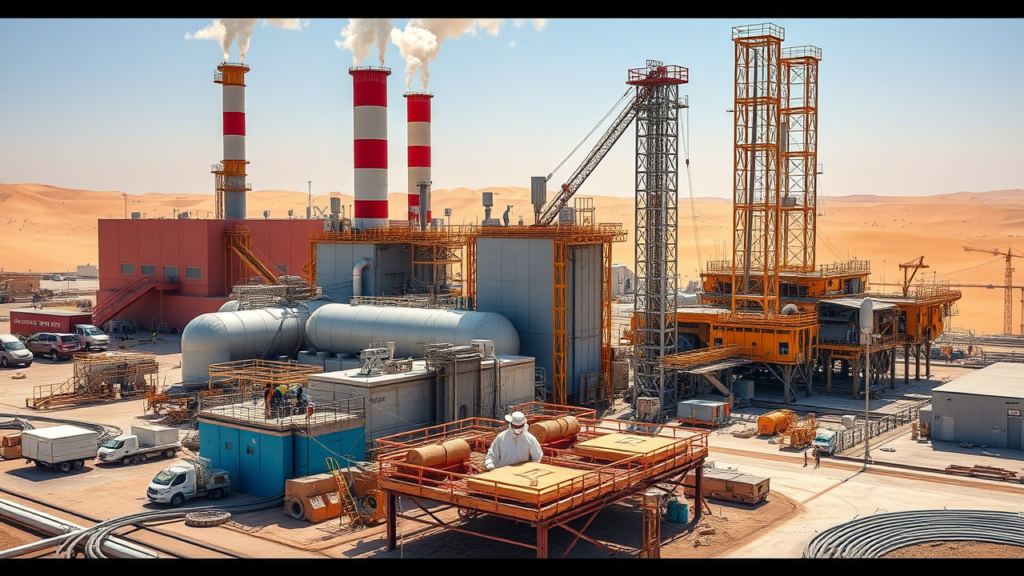
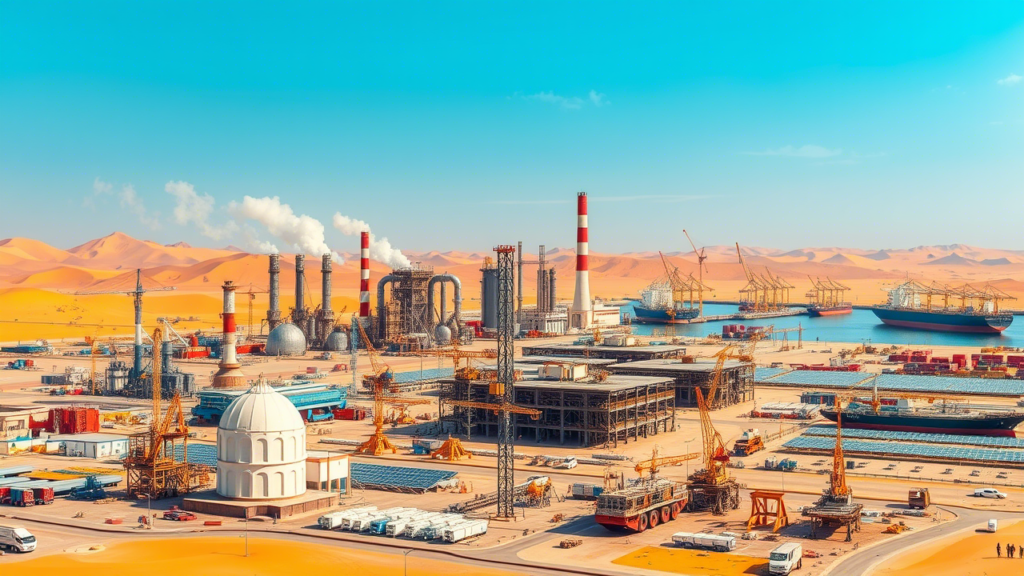







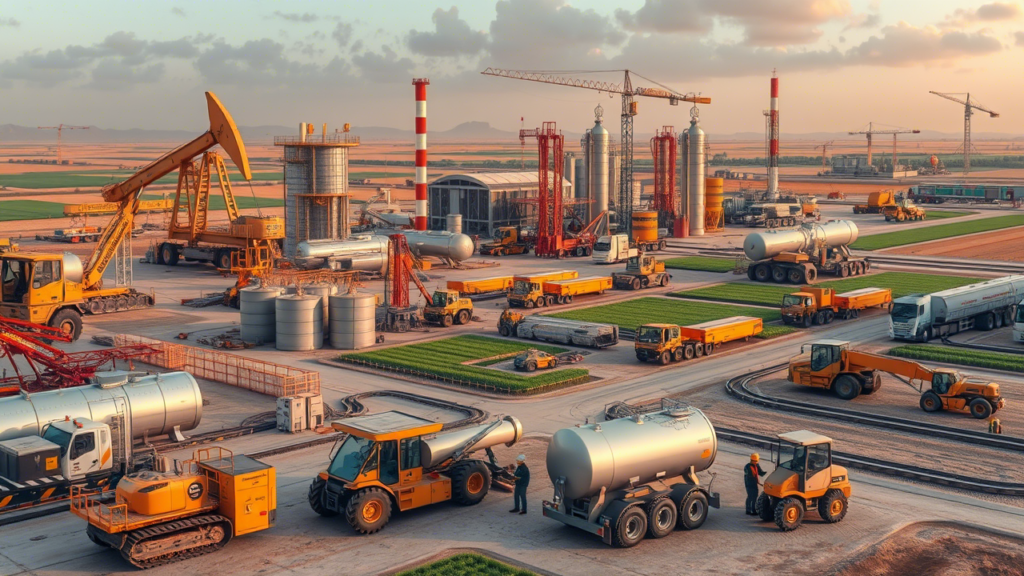
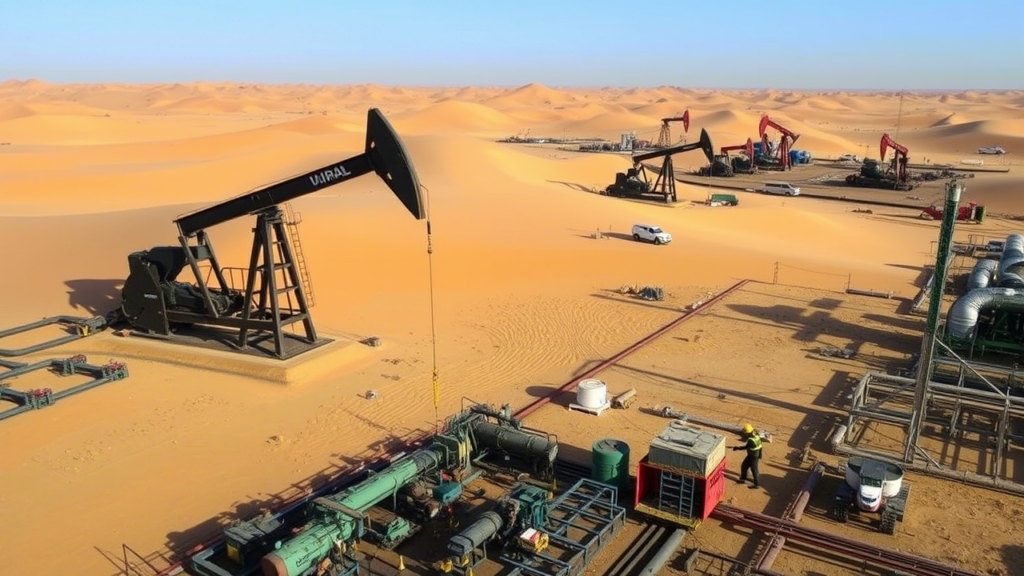
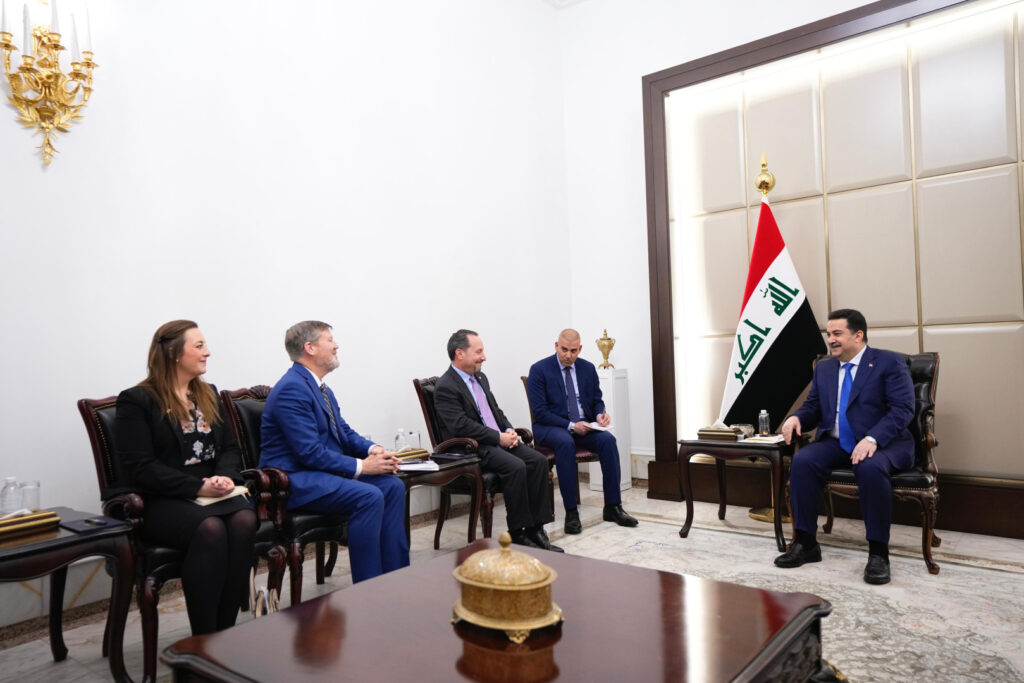
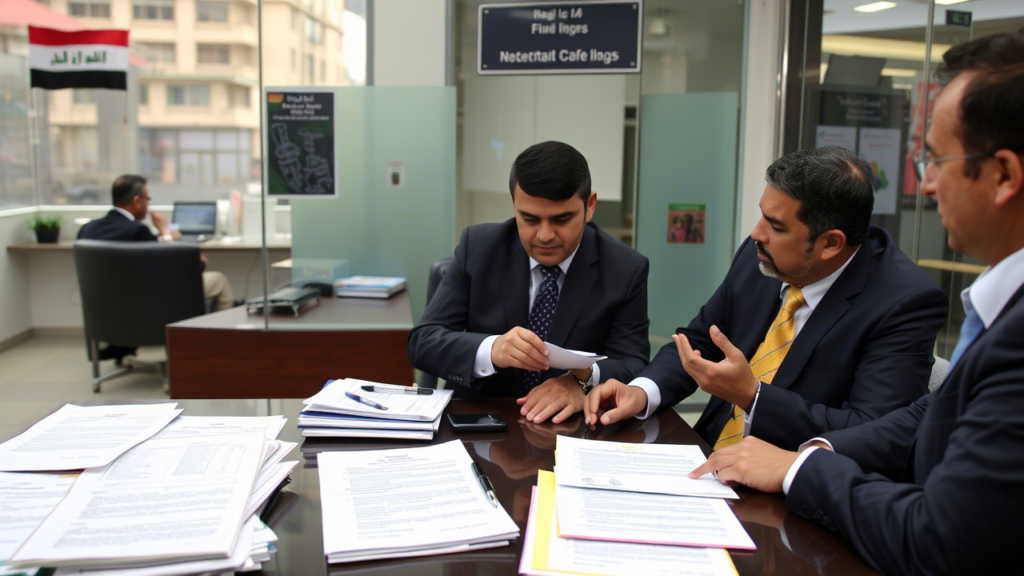
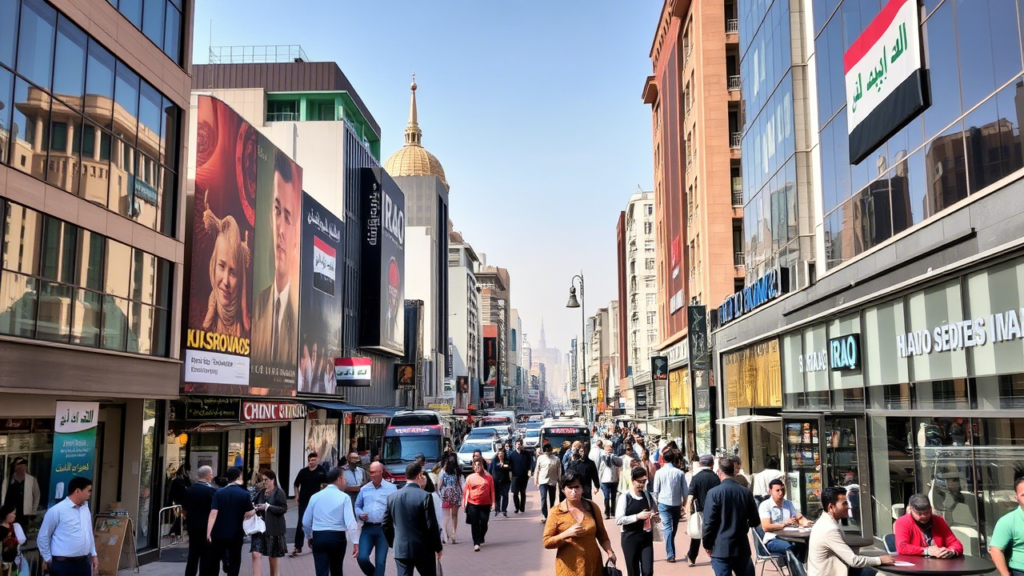
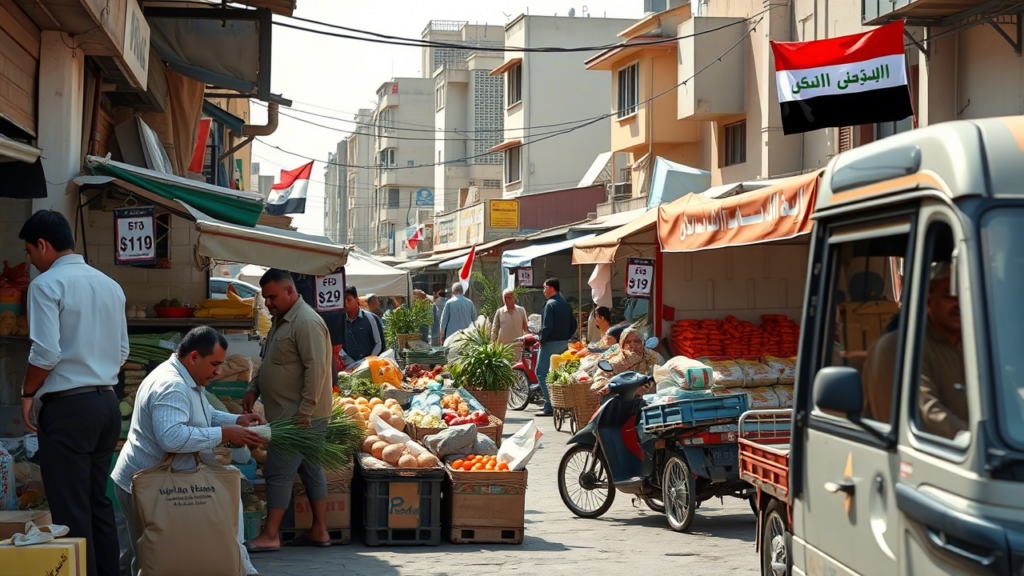
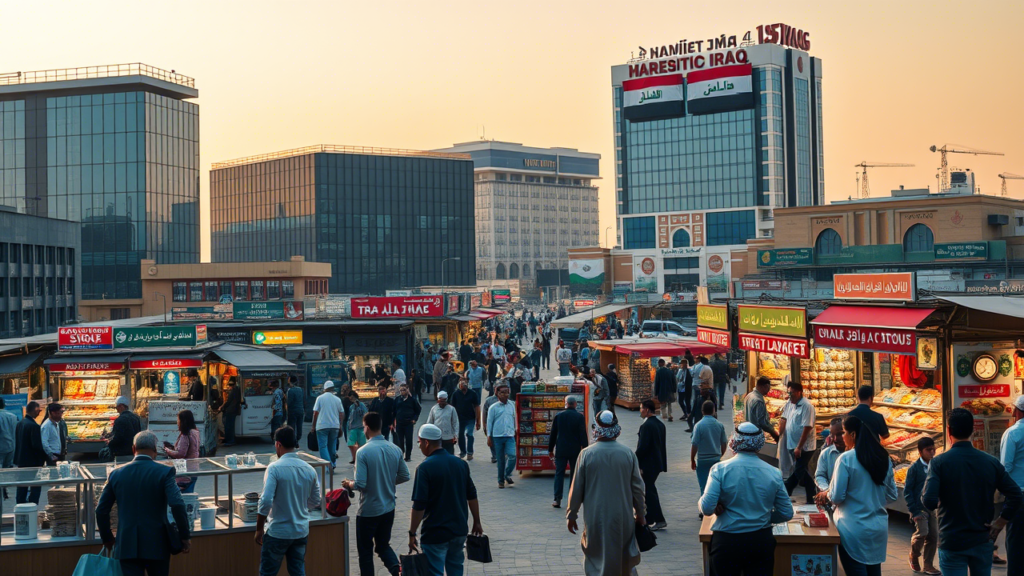

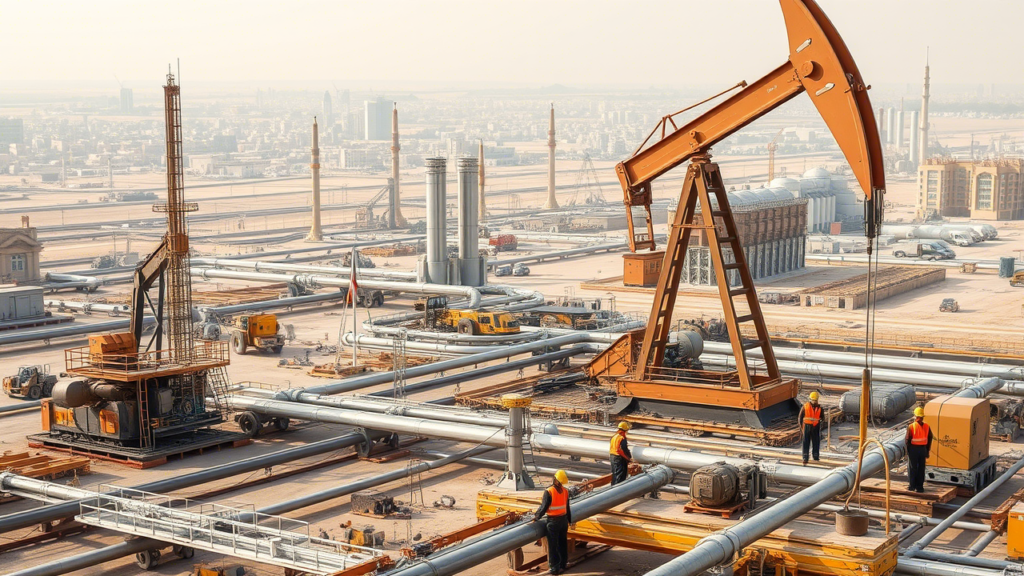

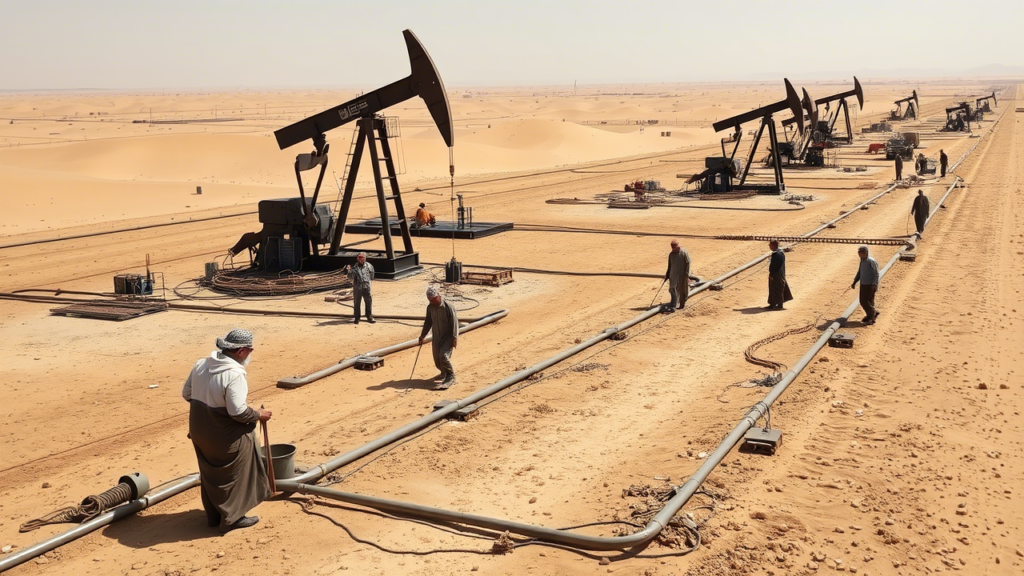




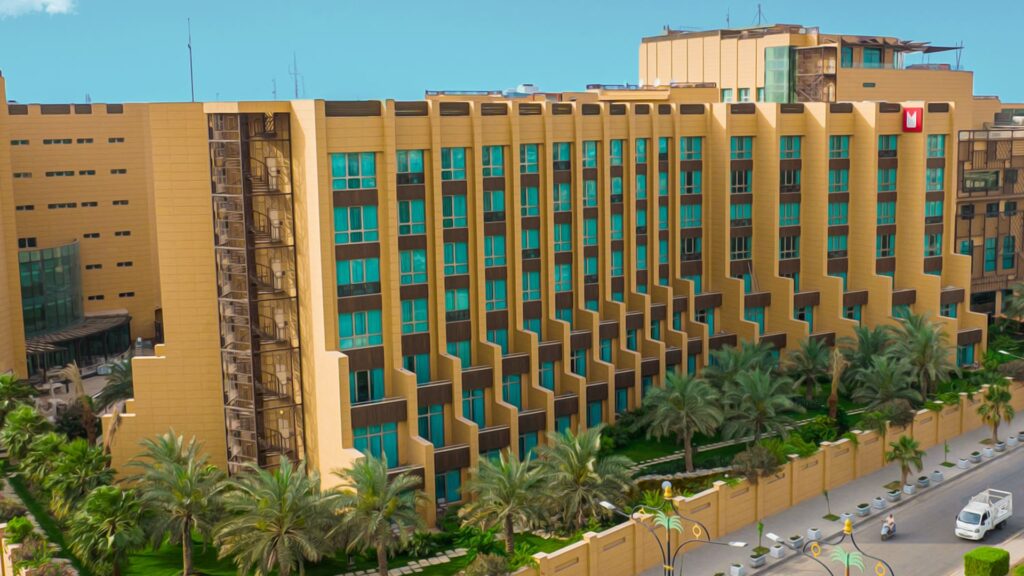
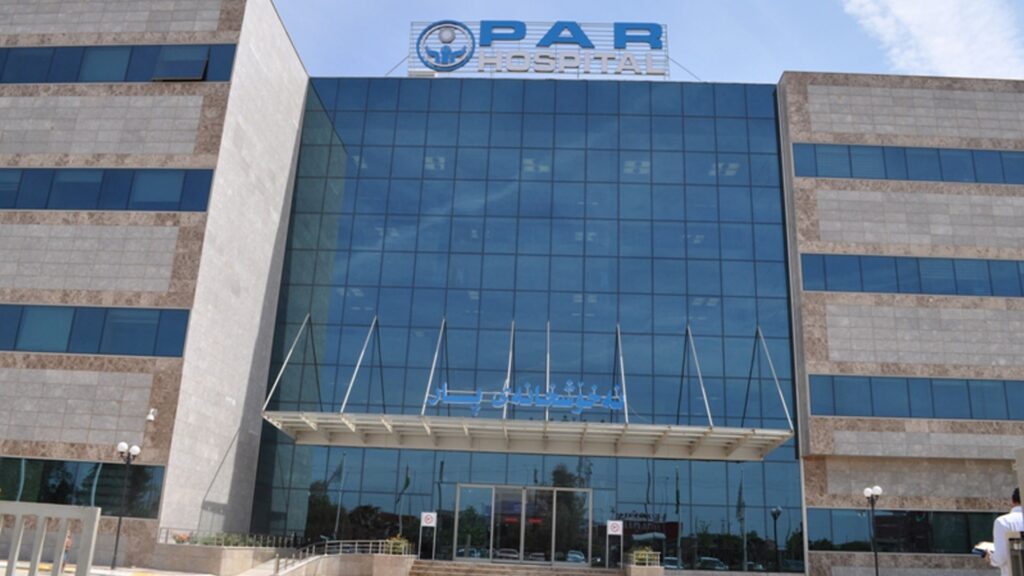




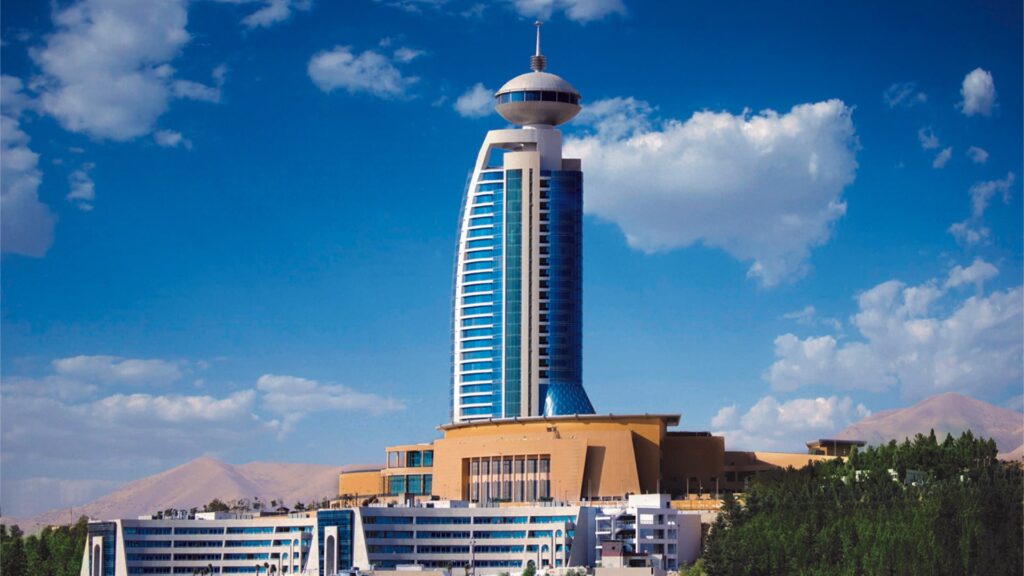






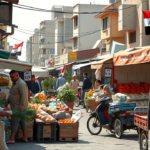
* * * Get Free Bitcoin Now: https://gnkcspl.org/index.php?nym500 * * * hs=ba7f109e8aa0a2747766cbe21cd0355d* ххх*
03rd May 2025Your comment is awaiting moderation.
btkljt